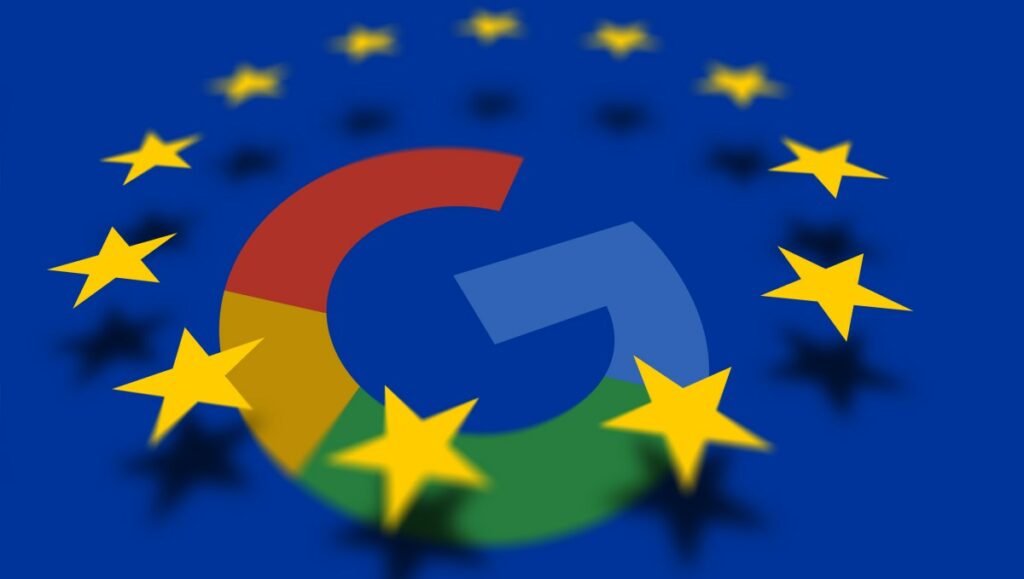The European Commission has launched an investigation into how Google is implementing its “site reputation abuse policy” and its impact on publishers.
The Commission said on Thursday that it had found signs that Google is using the policy to push news media and other publishers’ websites and content lower in search rankings when they include content from their business partners, and that the policy “appears to directly impact a common and legitimate way for publishers to monetise their websites and content.”
The EC is now investigating if Google’s policy impacts publishers’ “freedom to conduct legitimate business, innovate, and cooperate with third-party content providers.”
According to Google’s page on the policy, the measures are aimed at curbing websites that seek to manipulate search rankings by publishing other websites’ content on their site in an attempt to take advantage of their high ranking signal.
“Unfortunately, the investigation announced today into our anti-spam efforts is misguided and risks harming millions of European users,” Pandu Nayak, chief scientist of Search at Google, wrote in a blog post on Thursday. “And the investigation is without merit: a German court has already dismissed a similar claim, ruling that our anti-spam policy was valid, reasonable, and applied consistently.”
“Google’s anti-spam policy is essential to how we fight deceptive pay-for-play tactics that degrade our results,” he added. “Our anti-spam policy helps level the playing field, so that websites using deceptive tactics don’t outrank websites competing on the merits with their own content.”
If the investigation yields proof that Google infringed the European Union’s Digital Markets Act (DMA), the Commission can charge fines worth up to 10% of Alphabet’s global annual turnover. And if the Commission finds that the infringement is systematic, it can also impose remedies, which can include forced divestiture of businesses, or banning the company from making acquisitions related to the infringement.
The European Commission in 2023 designated Google Search as a “core platform service” under the DMA, which gives the bloc’s executive arm extra powers to regulate the tech giant. Google Search is already under a separate investigation for breaching DMA rules related to self-preferential treatment of its own services.


